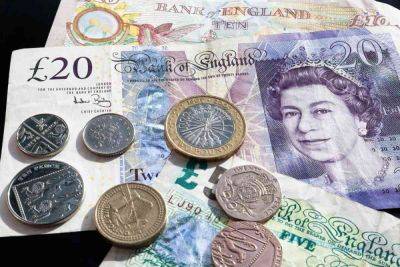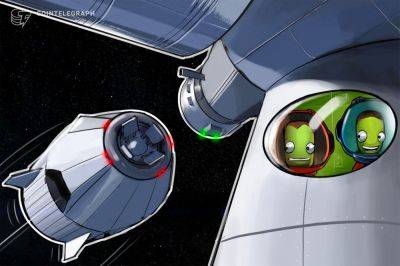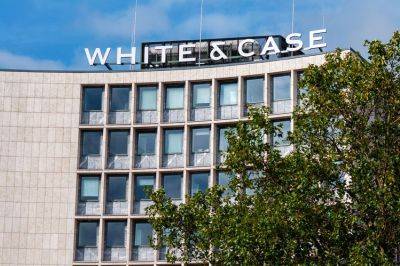China’s new EV subsidies might not be enough to bolster slowing growth
BEIJING — Subsidies for electric cars aren't enough to boost growth in China's slowing economy.
One of the few detailed stimulus plans Beijing has announced this year extends tax breaks for electric car purchases, according to documents released Wednesday.
The incentives – which were set to expire this year – will now run until the end of 2027.
Authorities expect additional consumer savings of 520 billion yuan ($72.43 billion) as a result.
However, tax breaks don't resolve the fundamental reason why people in China haven't bought more electric cars: mileage concerns.
Charging the car battery is still «relatively troublesome,» said Craig Zeng, CFO of online car information and shopping site Autohome. That's according to a CNBC translation of his Mandarin language remarks.
He was speaking about the electric car market in general.
The layout of China's residential areas means there aren't many private parking spaces and there's a limit to how many chargers communities can install, he pointed out.
Most people live in apartment compounds in China's cities, with some parking underground or in lots surrounding the apartment buildings. In the capital city of Beijing, having a designated parking spot —without a battery charger — can cost nearly $100 a month or more on top of the apartment rent.
In such an environment, «after many people buy a car, the problem of charging it will gradually become more apparent,» Zeng said, noting the problem will affect people's future decisions about buying an electric car.
EV startups conserve cash as make-or-break moment approaches. Here's where everyone stands
Tesla vs. BYD: Here's why one fund manager prefers the Buffett-backed automaker
Watch Elon Musk's full interview with CNBC's David
Read more on cnbc.com

 cnbc.com
cnbc.com




















